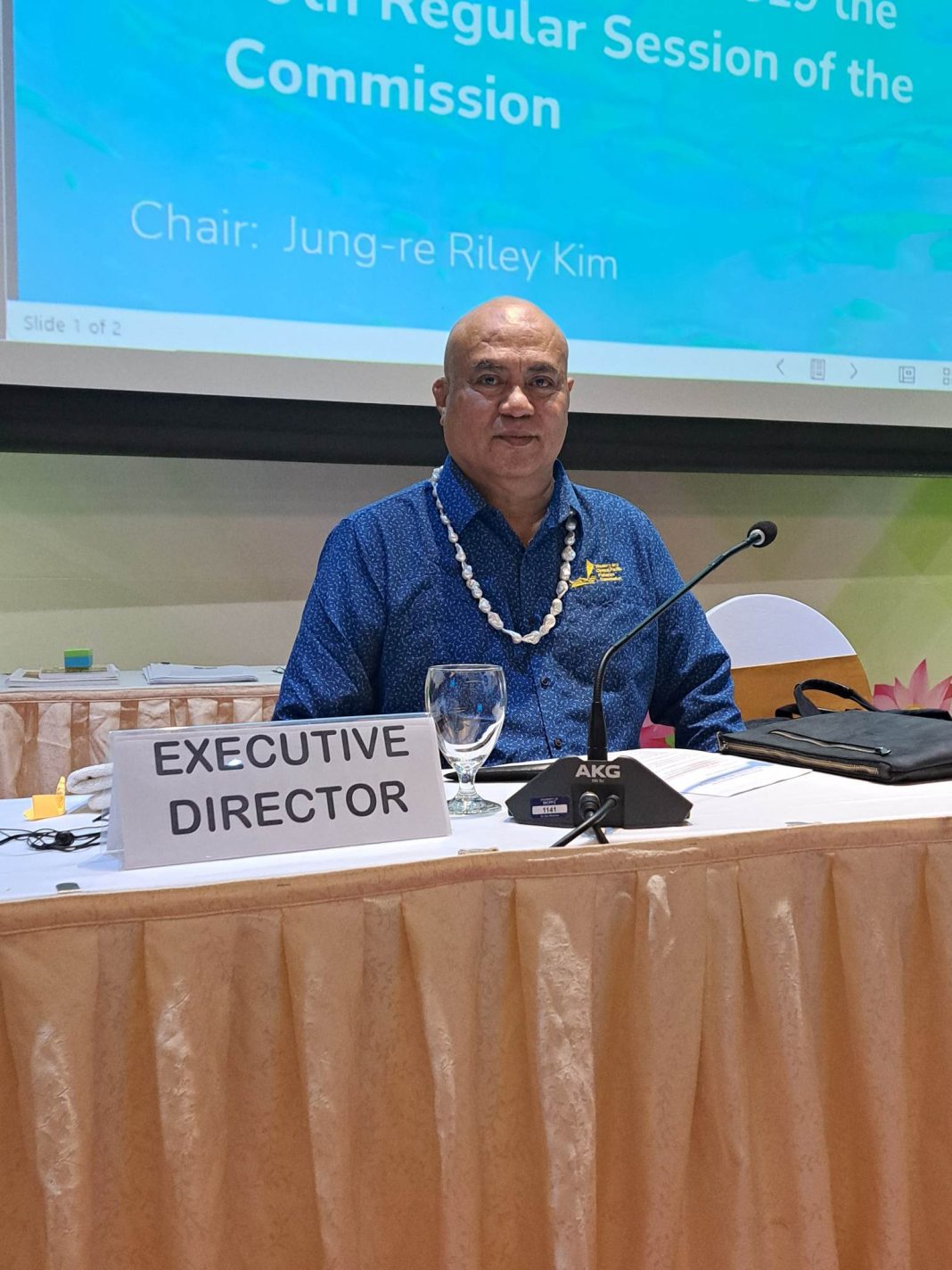By Pita Ligaiula in Da Nang, Vietnam
The outgoing executive director of the Western and Central Pacific Fisheries Commission (WCPFC) says the threat by Marine Stewardship Council (MSC) that 33 MSC-certified tuna fisheries in the region may lose certification is not on the Commission agenda this week.
Feleti Teo made the clarification after MSC said if WCPFC fails to adopt management measures of a harvest strategy for skipjack tuna and demonstrate progress towards delivering harvest strategies for other tuna stocks within the region, MSC certified tuna fisheries will be suspended.
“The issue of MSC certification has not been a topic on the Commission’s agenda. But the commission is aware that whatever their decision impacts on some of its members’ effort to get some of the fishing operations certified by MSC because it attracted a higher a higher premium.
“One of those criteria in MSC is the adoption and implementation of harvest strategies. And obviously the commission due to the COVID situation and its inability to meet physically that has delayed- impacted the progress of adoption of those implementations,” Teo told Journalists at the WCPFC19 in Da Nang.
The MSC’s concern is that a failure to agree to harvest strategies would not only threaten the long-term sustainability of these tuna which account for 85 percent of all MSC certified tuna.
“From what I understand is that MSC is trying to put pressure on the commission and the members to hurry the adoption of those and at the same time threatening to withdraw their certifications. That’s a difficult one because the commission is not actually dealing with MSC certification because it’s a separate process.
“But the commission is trying to help its member achieve some of the progress in as far as how the strategy is concerned so that their MSC certification status continued to be maintained,” said Teo.
MSC certification not only demonstrates a stock is productive and healthy but ensures fisheries are well-managed and committed to reducing their impacts on the marine environment.
SOURCE: PACNEWS














